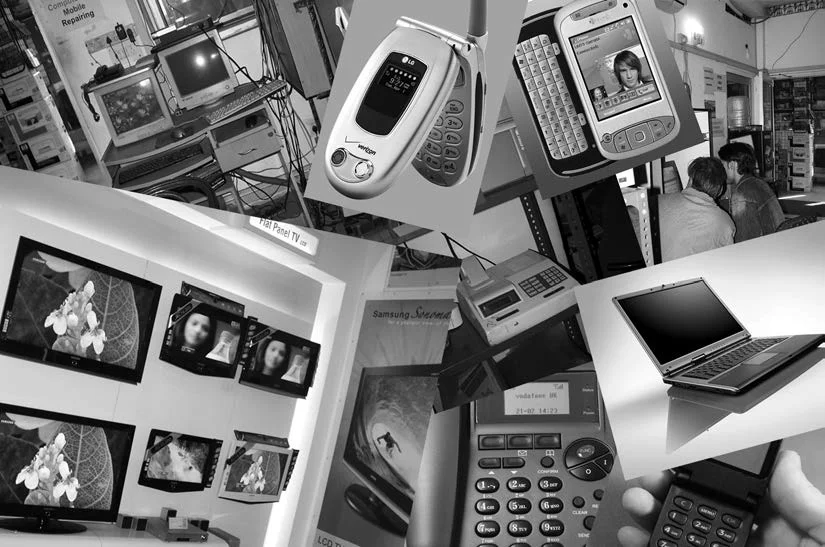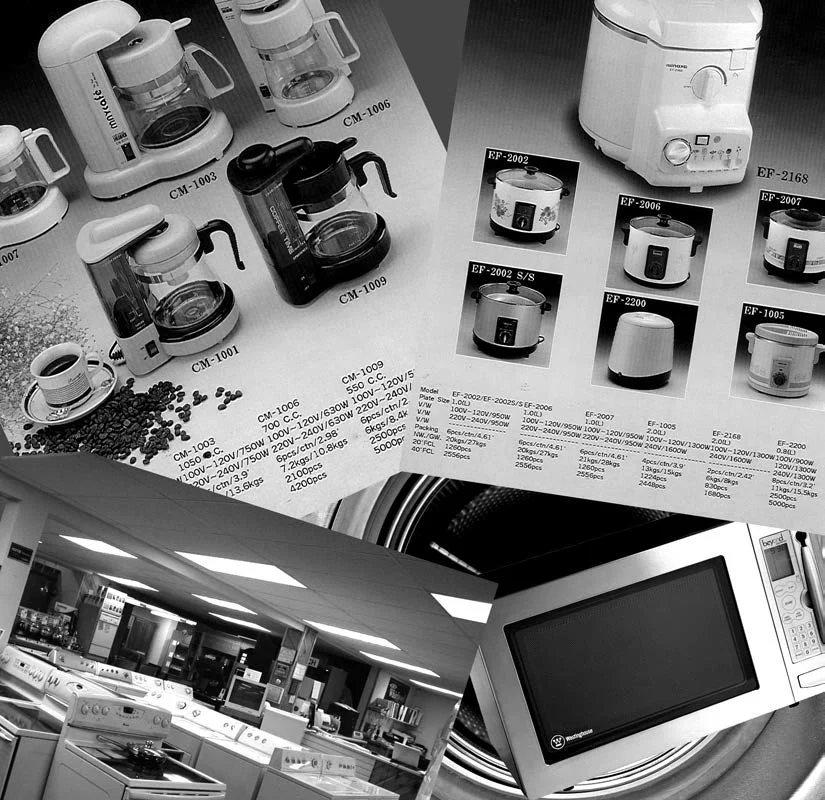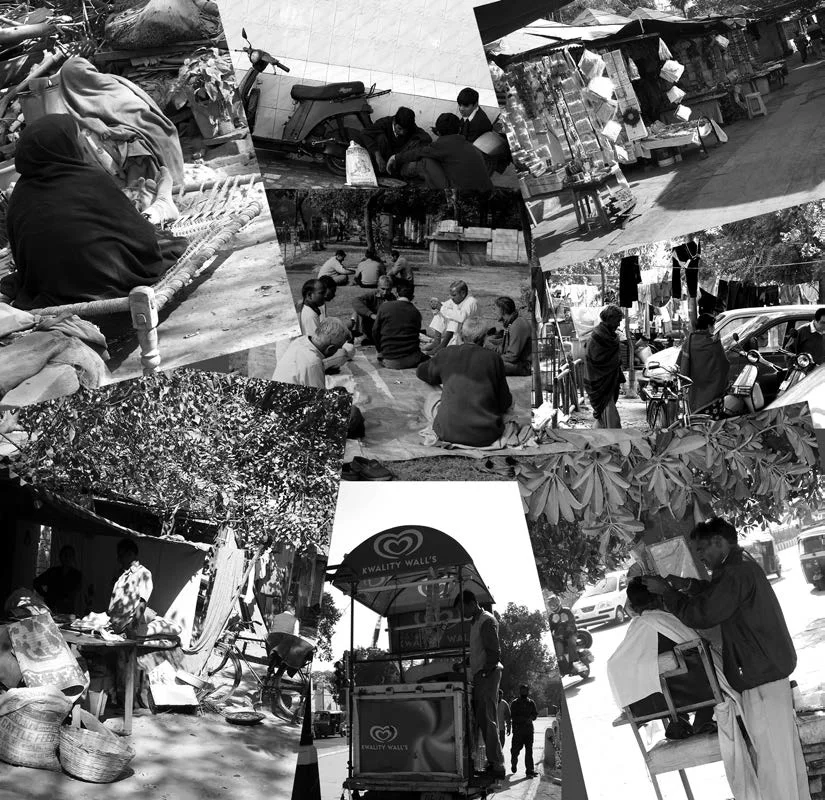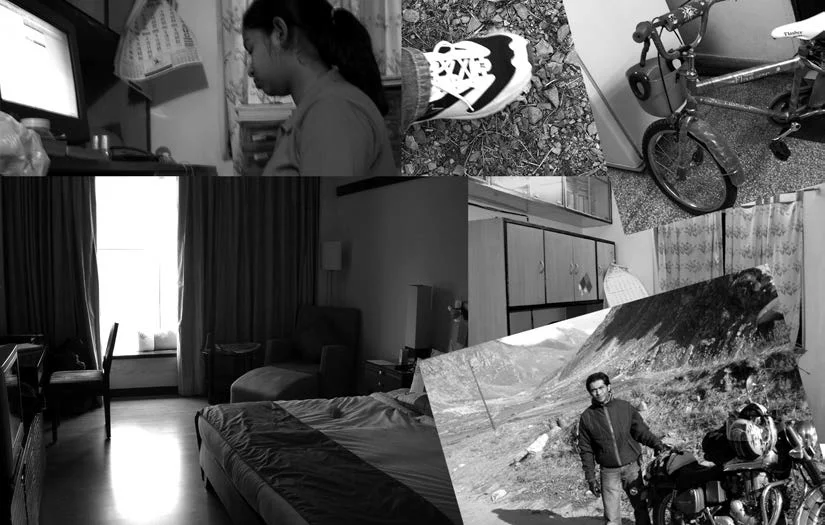![]() 16 Dec 2023
16 Dec 2023
While most research methods can be applied to various topics, the selection of the research method should align with the specific research question. Additionally, combining different methods is a viable approach.
Let us consider a few topics, based on which questions can be selected for the research topics.
The research topic revolves around public transport and its role in people’s lives. The below key questions can guide this research:
By addressing these questions, the research can provide valuable data on public transport.


POINTS TO PONDER
Communication plays an important role in determining ones social life and lifestyle. It also determines how two societies interact with each other and what is the kind of relation that they share. Can you think how this role of communication has impacted the relations between countries with diverse cultures?



Conclusion
Glossary
• Census: A comprehensive survey covering every single member of a population.
• Genealogy: An extended family tree outlining familial relations across generations.
• Non-sampling Error: Errors in survey results due to mistakes in the design or application of methods.
• Population: In the statistical sense, the larger body (of persons, villages, households, etc.) from which a sample is drawn.
• Probability: The likelihood or odds of an event occuring (in the statistical sense).
• Questionnaire: A written list of questions to be asked in a survey or interview.
• Randomisation: Ensuring that an event (such as the selection of a particular item in the sample) depends purely on chance and nothing else.
• Reflexivity: The researcher’s ability to observe and analyse oneself.
• Sample: A subset or selection (usually small) drawn from and representing a larger population.
• Sampling Error: The unavoidable margin of error in the results of a survey because it is based on information from only a small sample rather than the entire population.
• Stratification: According to the statistical sense, the subdivision of a population into distinct groups based on relevant criteria such as gender, location, religion, age etc.
• Authoritarianism: A system of government that does not derive its legitimacy from the people. Not a democratic or republican form of government.
• Birth Control: The use of techniques of contraception to prevent conception and birth.
• Commodification: The transformation of a non-commodity (i.e., something that is not bought and sold for money in a market) into a commodity.
• Consumption: Final use of goods and services by people who have purchased them (consumers).
<div class="new-fform">
</div>